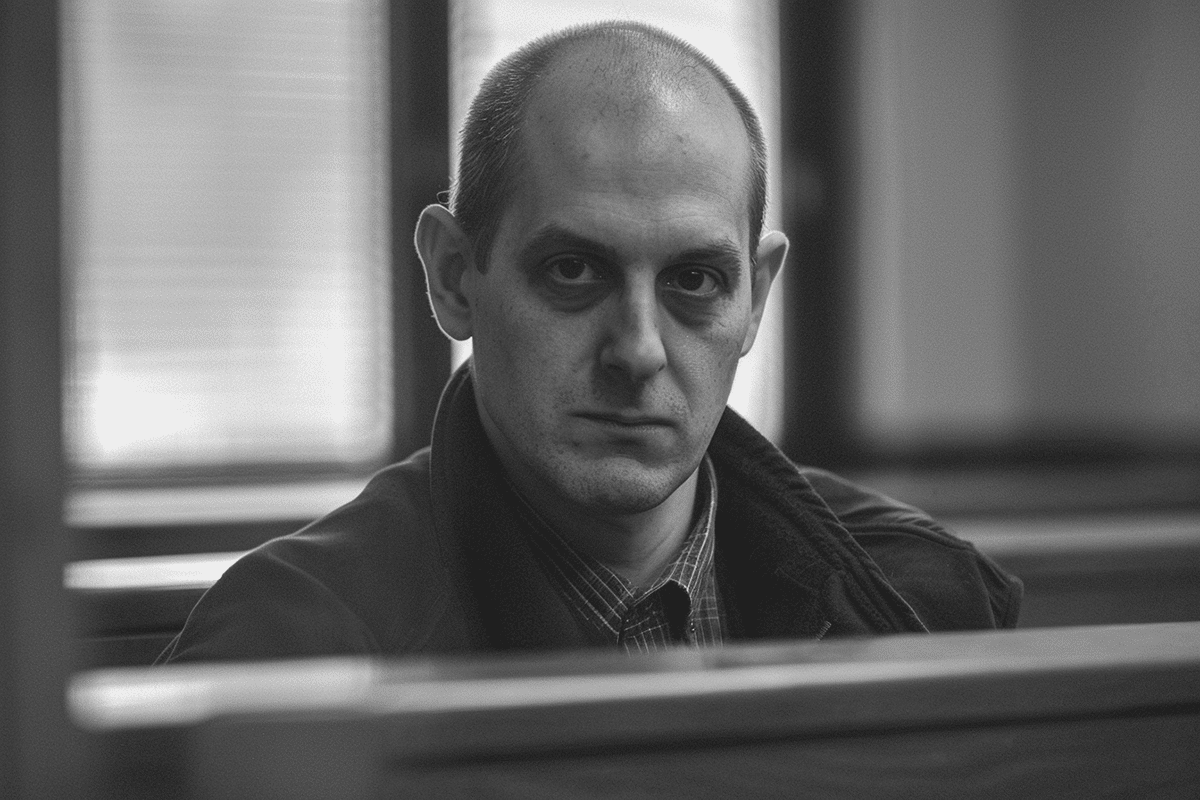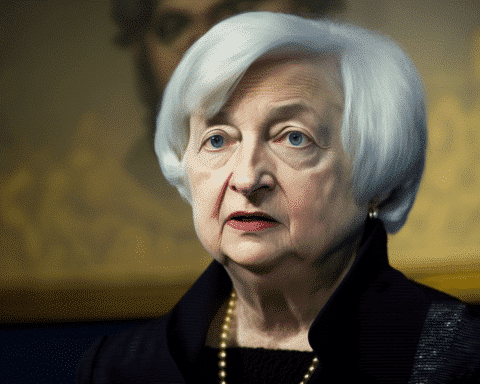Evan Gershkovich, a reporter for the Wall Street Journal, has commenced his trial under stringent security and behind the closed doors of a Russian courtroom. Gershkovich, 32, was captured 15 months ago in Yekaterinburg, facing charges of espionage—a claim strongly disputed by both his employer and the U.S. government.
Gershkovich appeared in court, visibly confined to a glass cage and dressed in a black-and-blue plaid shirt, his head shaved, and a conspicuous yellow padlock sealing his temporary confines. The U.S. Consular officers and a limited number of journalists were permitted a brief attendance before the trial proceedings were sealed off.
The journalist’s ordeal began on March 29, 2023, during a reporting assignment in the Ural Mountains, where Russian authorities detained him without providing substantial evidence, alleging he was collecting classified information for the U.S. Since his arrest, Gershkovich has spent 455 days in custody, predominantly at Moscow’s notorious Lefortovo Prison. Despite the harsh conditions, he has maintained his health, as observed during various court appearances.
Wednesday’s court session wrapped up after approximately two hours, with officials scheduling the next hearing for August 13. This trial marks a significant chapter in the fraught narrative of foreign journalism within Russia’s borders, especially after the country enacted stringent laws against what it perceives as unfavorable foreign reporting.
These regulations, which criminalize the criticism of the Kremlin’s military actions in Ukraine and discredit to the military, have led to a mass exodus of foreign journalists from Russia. However, a few have returned, albeit under the shadow of potential governmental retaliation, a fear underscored by Gershkovich’s ongoing detention.
Gershkovich, an American born to immigrants from the former USSR, is notably the first Western journalist to be detained on charges of espionage in post-Soviet Russia. His trial not only stirs concerns about freedom of the press but also poses significant diplomatic tensions between Washington and Moscow, further exacerbated by the ongoing conflict in Ukraine.
The stakes are particularly high with a potential 20-year prison sentence looming over Gershkovich, should he be found guilty in a judicial system where the conviction rate surpasses 99%. This statistic starkly underscores the grim prospects facing the journalist, mirroring the broader crackdown on dissent and foreign interaction under Russia’s broad interpretation of espionage and treason.
The specter of a prisoner exchange looms in the background, hinted at by Russian authorities, though they insist that no such swap would be considered before a final verdict is reached. Historical exchanges, such as the 2022 swap that saw WNBA star Brittney Griner exchanged for Viktor Bout, a high-profile Russian prisoner in the U.S., highlight the complex interplay of diplomacy and detainment.
As the U.S. presidential election heats up, the case has also seeped into political rhetoric. Former President Donald Trump has claimed that he could secure Gershkovich’s release—a promise not substantiated by current communications between the U.S. and Russia as per Kremlin spokesperson Dmitry Peskov.
As the trial progresses intermittently with long adjournments typical of the Russian legal system, the international community watches closely. The outcome could have far-reaching implications for international journalism, diplomatic relations, and the personal fate of a journalist caught between geopolitical strife.




